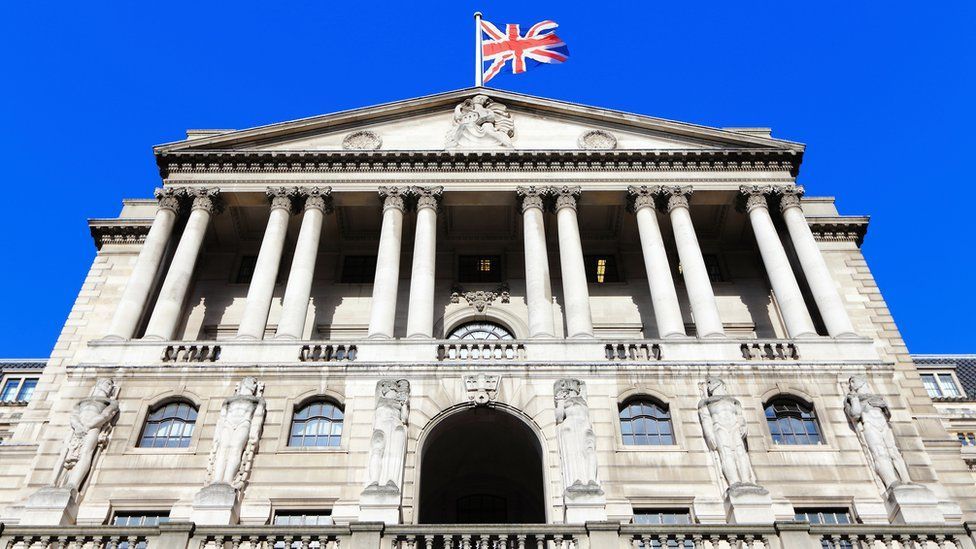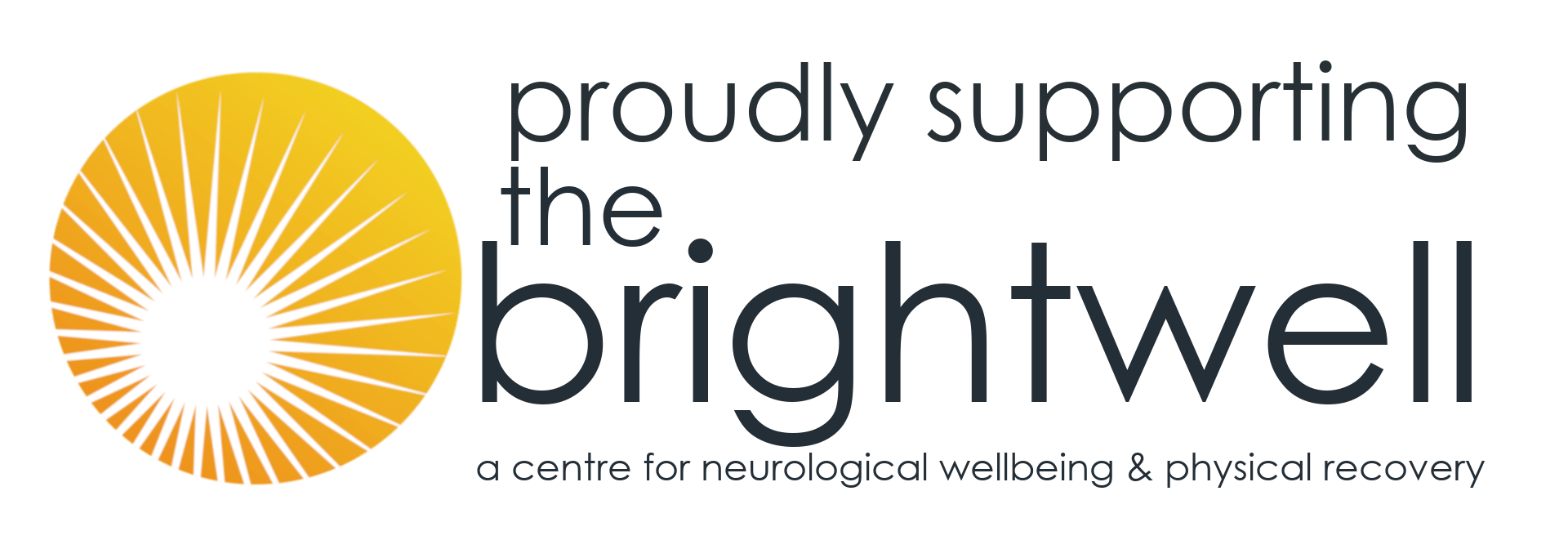Now that Help to Buy comes to an end: what else is available?
Adapted from information sourced through Rightmove and the Home Builders Federation
With the current squeeze on people’s incomes and the gloom over affordability at the moment, especially for people seeking to get on the property ladder. I thought I would take a look at what is available to help people into their first home.
If we take a look at some of the government schemes and legislation changes that aim to either help get people on the ladder, or to buy their next home.
What’s happening with Help to Buy?
I’m sure anyone in the new homes business will know that the Help to Buy Equity Loan, set up to help first-time buyers purchase a home in England, has now closed to new applications. And all homes being purchased via the scheme will need to have completed by the end of March next year.
What about Help to Buy ISAs?
The deadline to open a new Help to Buy ISA has already passed. However, anyone with an account already open can add up to £200 per month until the end of November 2029. Buyers can still claim the government bonus – currently 25% on savings up to £12,000 – which is payable on completion of a first home purchase until 1 December 2030.
If they don’t already have a Help to Buy ISA, then a Lifetime ISA could be used as an alternative. To open one, the person needs to be over 18, but under 40. You can save up to £4,000 each year until you’re 50, and the government will top-up the saved amount with a 25% bonus (a maximum of £1,000 per year as a bonus). Like the Help to Buy ISA, you’re able to withdraw the funds to purchase your first home.
Stamp duty relief for first-time buyers
In September, the government announced a permanent change to the amount of stamp duty tax that’s paid on homes purchased in England and Northern Ireland. The threshold at which homebuyers start to pay stamp duty was raised from £125,000 to £250,000. If you’re a first-time buyer, there are further savings offered. You won’t pay any stamp duty on a home priced up to £425,000. For a home priced above this, you’ll pay 5% on the amount you spend between £425,001 and £625,000. Of course, we are assuming the new Chancellor does not change anything this week of course.
Deposit Unlock scheme
The Deposit Unlock scheme aims to help people buy new-build homes with a 5% deposit. This is for buyers looking to buy a new-build home, this is an industry-led scheme.
The scheme is being introduced by the new home developers.
Deposit Unlock: how it works
Deposit Unlock is aimed at buyers – both first timers and those already on the property ladder – who can raise a 5% deposit and want to buy a brand new home. The remaining 95% of the purchase price can then be borrowed from selected lenders participating in the scheme.
The first step for the buyer is to find a new-build property included in the scheme at one of the participating developments.
What’s the difference between Deposit Unlock and Help to Buy?
Under the Help to Buy scheme the buyer puts down a 5% deposit, they then take a government equity loan of up to 20% of the cost of the property (or up to 40% in London) and apply for a mortgage for the rest. The government’s loan is interest-free for the first five years. With a Deposit Unlock mortgage, they will take out a mortgage of a maximum of 95% and pay interest from the start.
Lenders take out insurance on mortgages that carry a higher risk, including those taken out by first-time buyers with limited deposits. The Deposit Unlock scheme is backed by mortgage indemnity insurance funded by the developer, which shields lenders from any potential loss if the property is sold for less than the owner paid for it.
There will be no extra cost to buyers, however the buyer’s obligations to the lender remains unchanged.
Who is eligible to use Deposit Unlock?
Deposit Unlock is open to buyers in England, Wales and Scotland.
Unlike the current Help to Buy Equity Loan scheme, Deposit Unlock isn’t just for first-time buyers, so can be use it to up or downsize, or to relocate. However, it’s not available to buy-to-let borrowers. Eligibility criteria for the scheme will be the same as the criteria a chosen lender applies to all its mortgages. This includes looking at the buyer’s affordability, how long have they been in the current job, their credit score etc.
Which lenders are offering Deposit Unlock mortgages?
Nationwide and Newcastle Building Society and Accord Mortgages, have signed up to offer mortgage products through the scheme. More lenders are expected to join in the coming months, giving the buyers more choice.
Many developers have signed up to this scheme as it is potentially a great benefit for buyers who could be otherwise be excluded from looking for a new home because of a limited deposit.
To find out more about this scheme go to the Housebuilders Federation website or use the link below:-
www.hbf.co.uk/deposit-unlockww.hbf.co.uk/deposit-unlock/
https://www.hbf.co.uk/deposit-unlock/
https://www.hbf.cohttps://www.hbf.co.uk/deposit-unlock/.uk/deposit-unlock/
https://www.hbf.co.uk/deposit-unlock/
https://www.hhttps://www.hbf.co.uk/deposit-unlock/bf.co.uk/deposit-unlock/











